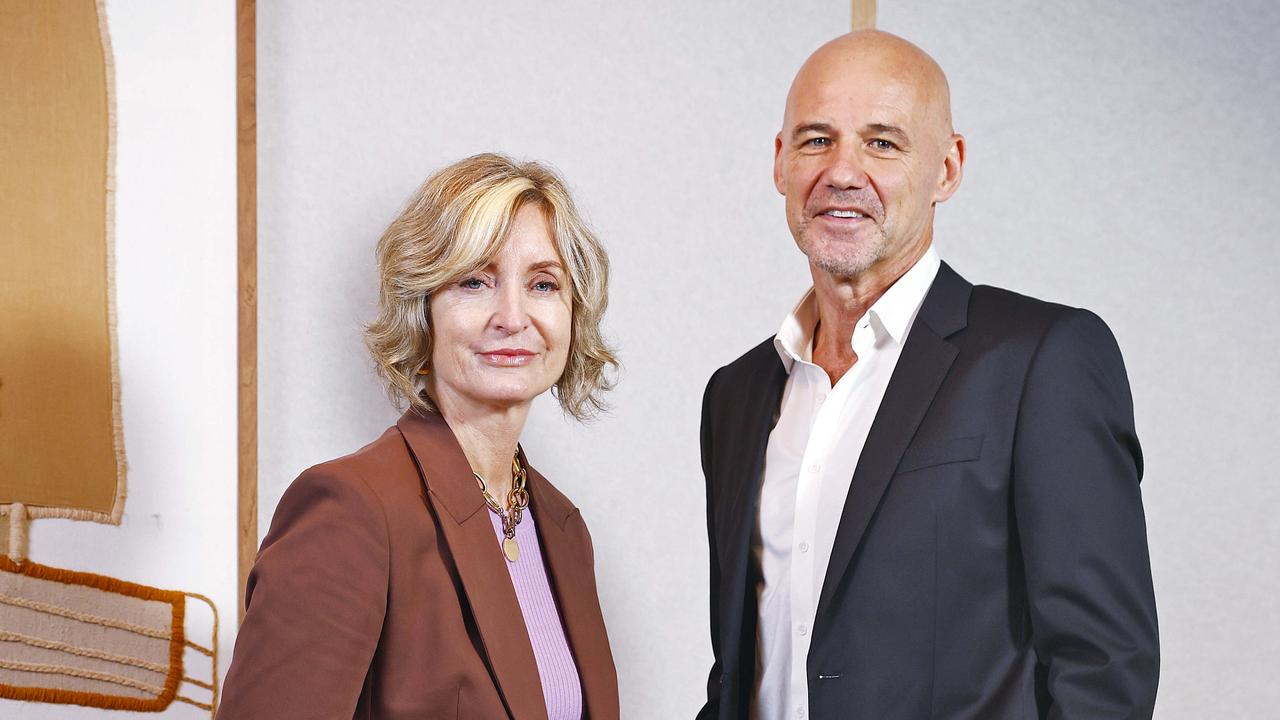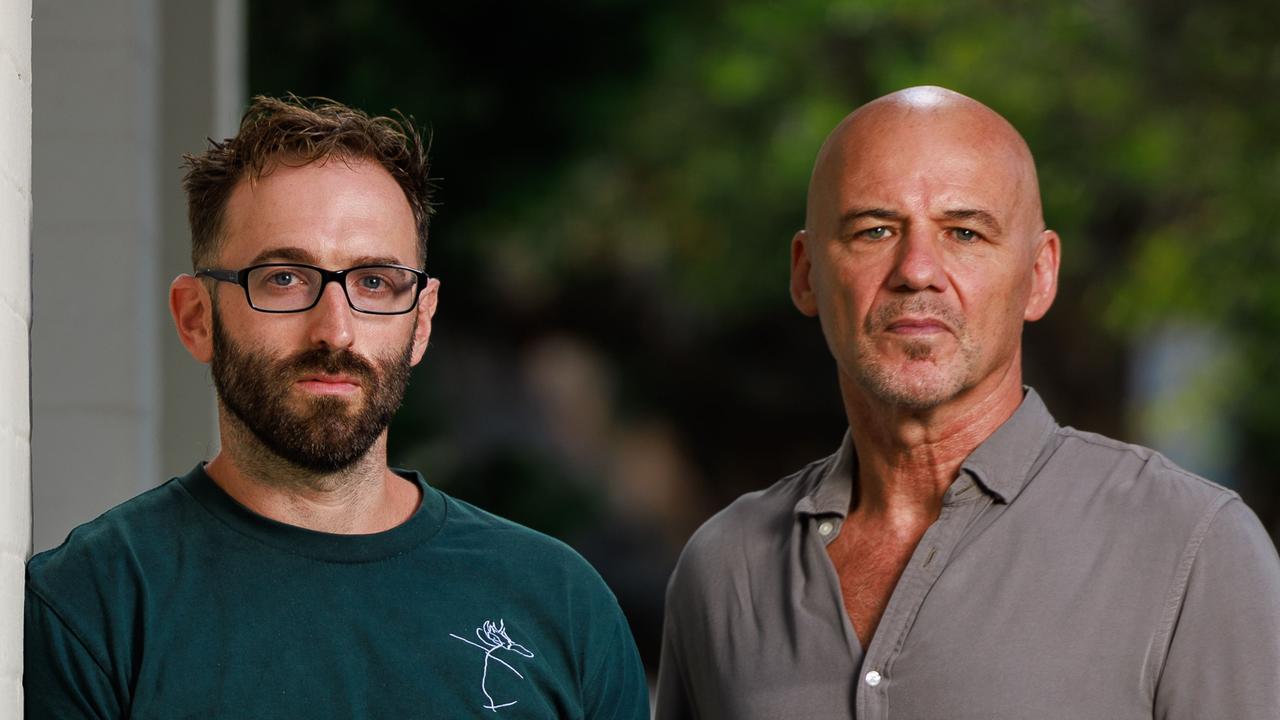I Catch Killers: How forensic psychology helps catch crooks
When solving a crime Gary Jubelin’s first call was often to Dr Sarah Yule, a trailblazing police forensic psychologist who helped catch some of Australia’s worst. Listen to the latest I Catch Killers podcast.
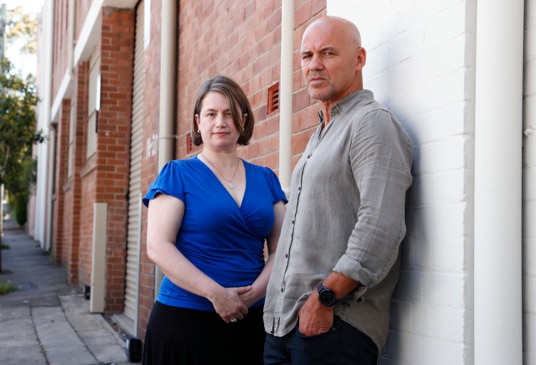
I Catch Killers
Don't miss out on the headlines from I Catch Killers. Followed categories will be added to My News.
It was a big decision — should I put up with threats to my safety or stop dealing with a violent, paranoid criminal informant directing his anger towards me?
This was an organised crime murder; the stakes were high. If we cut the informant, the murder might remain unsolved. I needed a second opinion, someone who understood human behaviour and could get into the mind of a violent man.
That led to my first meeting with Dr Sarah Yule, a forensic psychologist employed by the NSW Police. She seemed younger than expected. I wondered if it was worth speaking to her. What insight could she possibly provide about a violent criminal? I had my doubts but I was wrong.
Don’t miss Gary Jubelin’s fascinating interview with Dr Sarah Yule as they delve into the world of how forensic psychologist is used to catch criminals.
Part 1: Meet the Mindhunter: Inside the world of a forensic psychologist
Part 2: Dissecting a crime scene: What the evidence reveals
Assessing the information provided, she confidentially told me the informant would not handle rejection. Taking Dr Yule’s advice, I kept dealing with the informant, made a few adjustments and a major organised crime murder was solved.
That was the start of a long professional relationship spanning almost two decades. Sarah was my “go to” person on difficult murder investigations. She was the one I relied upon to get into the minds of the suspects or help me interpret and understand a crime scene.
Another case I was looking at involved a suspected serial killer. What was confusing about this case was that the victims were different ages and sexes. I couldn’t understand what motivated the suspect. Dr Yule examined the case and concluded the suspect was not motivated to kill, but had a sexual motive and was prepared to kill to feed that lust.
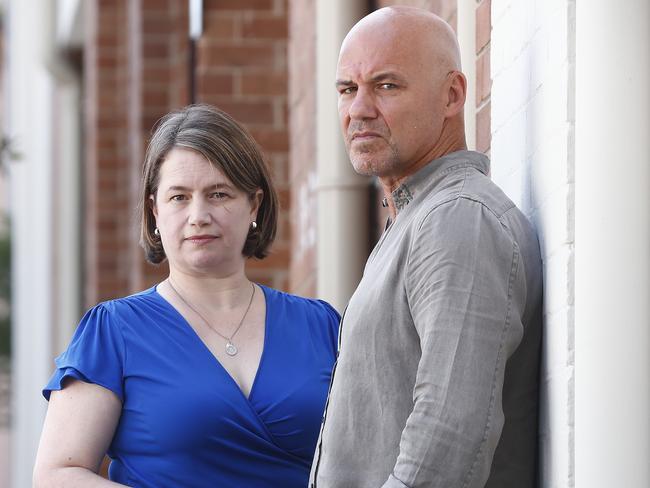
Dr Yule was a trailblazer, the first forensic psychologist employed by an Australian police force to provide operational support to investigators. She was not there to provide clinical support to officers; she was there to help track down the bad guys.
There was scepticism among some old-school detectives as little was known about forensic psychology when Dr Yule started. Most people’s knowledge was limited to what they had seen in films such as Silence of the Lambs. But this week in the latest episode of my I Catch Killers podcast, she and I explore the real world of an operational forensic psychologist.
For 15 years Dr Yule headed up the NSW Police Criminal Psychological Unit — formerly known as the Behavioural Science Team.
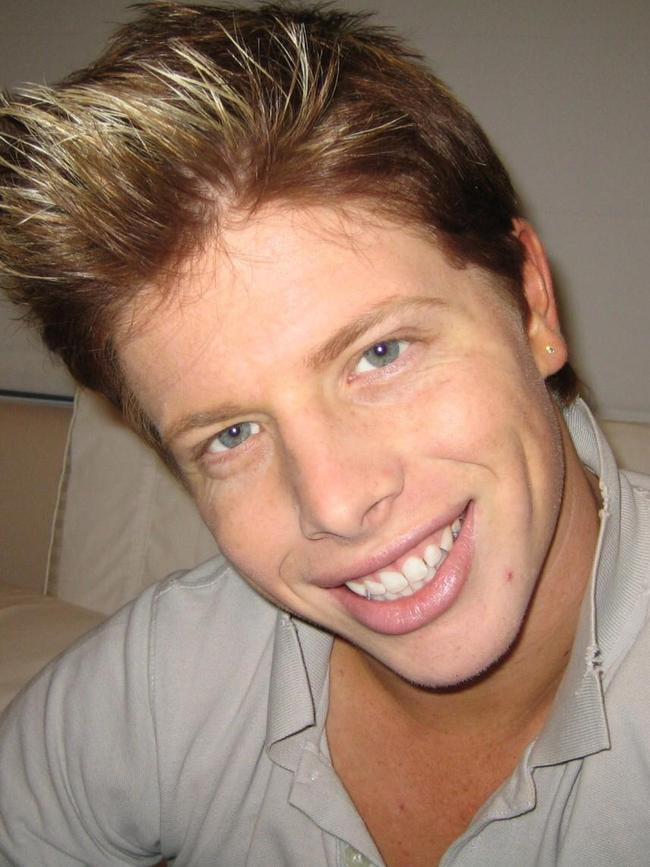
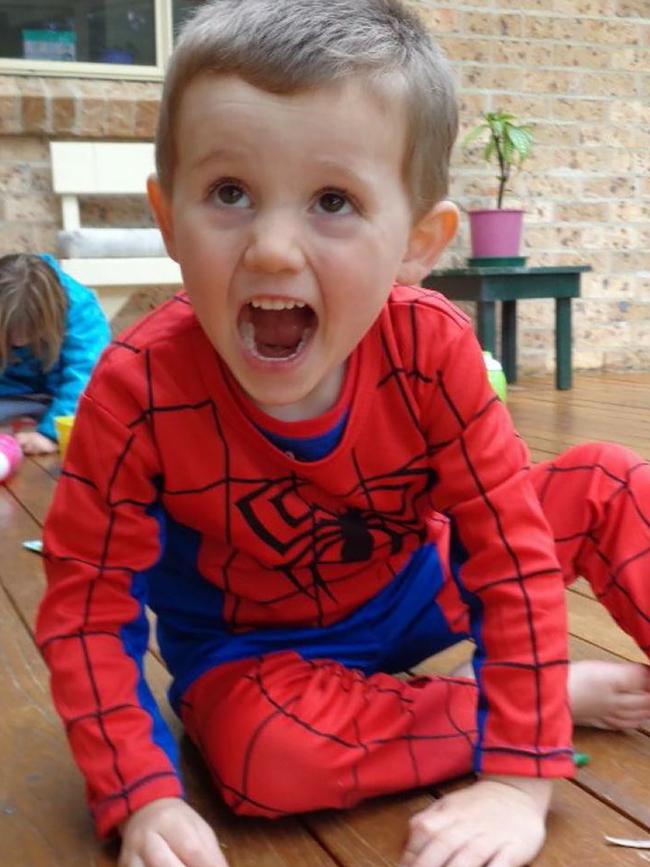
Dr Yule does not consider herself an academic, but rather a practitioner. Her role in the police was to help detectives solve and understand complex and horrific crimes. Dr Yule acknowledges on the podcast that the cases displaying the most deviant behaviour were the ones she could best help detectives on. This was because of the richness of evidence these dark crimes provided for evaluation.
She also provides an insight into how crime scenes are assessed and what can be revealed by the available evidence. Using the example of a decapitated corpse, she says that could be an indicator the offender is suffering from mental health issues or, alternatively, it is an organised offender preparing to dispose of a body. Completely different interpretations of one particular behaviour.
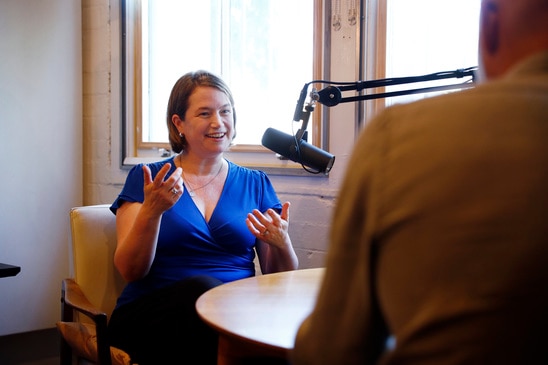
In that case Dr Yule would advise the detectives to look for other indicators in the crime scene to understand the thinking of the offender.
There were many cases I sought Dr Yule’s advice on, including the search for Matthew Leveson’s body, and we spent hundreds of hours together visiting crime scenes, testing case theories and developing strategies on how suspects should be approached in the search for William Tyrrell.
Dr Yule was also invaluable for her advice on how to approach suspects in the interview room, my favourite part of policing.
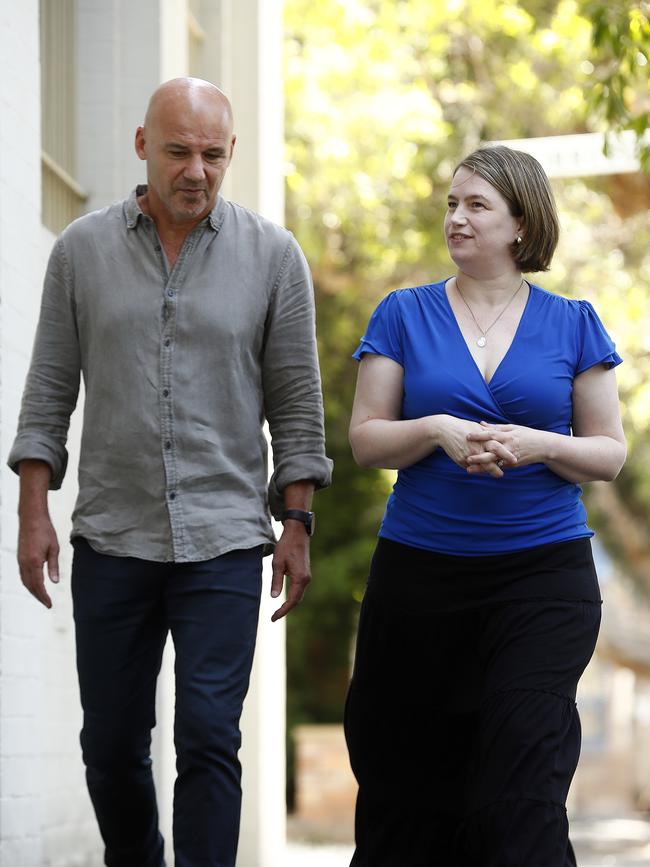
Certain strategies could be used with certain suspects due to offenders, in a similar way to police, often entering the interview room with a plan. Dr Yule was always realistic about her contribution and, despite what you see on TV, forensic psychologists were not there to pinpoint the suspect but to help police progress the investigation or prioritise a person of interest.
It doesn’t really matter whether someone like Dr Yule is called a “Criminal Profiler” or “Mind Hunter”. I just know that having someone with her knowledge and experience on investigations gave me confidence we were heading in the right direction.
Listen to parts one and two of the podcast which you can find above.
WANT MORE GARY JUBELIN? Join the I Catch Killers group on our dedicated Facebook page
Originally published as I Catch Killers: How forensic psychology helps catch crooks

